
Kino Lorber
Making With the Waters Works
I was working as a (very) junior flunky at Universal Pictures marketing in early 1990 when a fax came through from one of our top outside creatives, telling the head of our trailer department that he had just watched the new John Waters picture and had absolutely no goddamn idea how to market it.
Despite the indie cred of Hairspray, Waters’s first hit “mainstream” movie, there seemed to be no angle and no built-in audience. The best he had was to play up the sex appeal of a young Johnny Depp to even younger girls. “Rubber raincoats for fourteen year-olds” is how I remember him putting it: “Here he is, girls, shirtless on a 40-foot screen. Can you handle it?”
Rubber raincoats aside, this is basically what the studio went with. “Good girls want him bad. Bad girls want him worse” was the tagline for a trailer in which a 21 Jump Street-era Depp was the whole franchise.
I’ve often wondered what those teenagers thought when they went to the multiplex (assuming any of them actually did) and found out they were watching a camp satire of straight culture featuring a once-kidnapped heiress, a former porn star, a proto-punk icon, two fading 60s heartthrobs, and a character named Hatchet Face, written and directed by somebody who once got Divine to eat a dog turd on film.
I can only say that, by the end of its initial theatrical run, Cry-Baby had earned back its $8 million budget, but only by a whisper.
When a film fails to break out, it’s traditional to say that the marketing department just didn’t get the movie, but in this case I feel safe in saying that the marketing department just didn’t get the movie.
Today, you see a John Waters picture knowing what you’re going to get.
Back in 1990, he was still mostly a cult icon with a very small and devoted cult: the runaway success of the Hairspray musical and Waters’ Simpsons cameo were still years away. This was also during a time when Universal was hoovering up as many small-budget films as possible and not giving much love to any of them.
A few, like Dazed and Confused, have since become legendary. Most, like Stop or My Mom Will Shoot, are deservedly forgotten. And then there’s Cry-Baby, which has a shelf all to itself: a movie that wasn’t normal enough to be liked or weird enough to be loved.
Still, once you know what it is you’re dealing with, it is kind of a delight.
Together with Hairspray and Serial Mom, Cry-Baby belongs in Waters’s nostalgia phase, when he was paying homage to the Baltimore of the 1950s.
High school is divided between the ramrod-straight “squares” and the defiantly odd “drapes” (leather-jacketed rebels usually called “greasers” or “toughs” in the exploitation films of the day). Depp is Cry-Baby, so called because when he gets emotional, a single tear—but no more—falls from his left eye. Depp catches the eye of a pre-Melrose Place Amy Locane, and what follows is basically a musical version of Romeo and Juliet with lots of lip-synching and no teen suicide.
The fun of the movie is not so much in the story, which is pretty straightforward and borrows heavily from Elvis musicals and juvenile delinquency films with titles like I Accuse My Parents and Shake, Rattle, and Rock! The joy of Cry-Baby is in the motley supporting cast: Waters muse Mink Stole, 60s screen idols Joey Heatherton and Troy Donahue, retired porn star Traci Lords, rising teen star Ricki Lake, Iggy Pop, Ozzie & Harriet Nelson’s son David, a more than usually creepy Willem Dafoe, and Patty Hearst, the publishing heiress who was kidnapped by the Symbionese Liberation Army and later went full-on Stockholm Syndrome as a beret-wearing terrorist.
Anyone who’s spent five minutes listening to John Waters knows that he doesn’t cast his films for stunt value. They are his family, the Dreamlanders. When I asked his office for a quote about Patty Hearst for the press kit, his assistant called me back with: “She’s a wonderful budding actress with a fascinating past and a great future.” Which is about as classy a description as I’ve ever heard about anyone.
In a similar vein, there’s a story about the day the FBI came calling for Traci Lords, because she’d acted in a porn movie when she was sixteen. In those days, children who had sex on film were still considered criminals, not victims—but Waters had the visibly terrified Lords taken from the set and surrounded by supportive people while he dealt with the Feds. You can accuse Waters of a want of taste, but not of lacking compassion or courage.
This familial exuberance comes through loud and clear in Cry-Baby. “We use our bazooms for weapons,” Cry-Baby’s sister Pepper (Lake) tells newcomer Alison (Locane). They do: also everything else they have. Pepper is a three-time unwed teen mom and proud of it. Hatchet Face (Kim McGuire) wears her nickname as a badge of honor. Matriach Ramona Rickettes (Susan Tyrell) teaches her great-grandchildren to steal cars and hubcaps. The one rule among the drapes seems to be that, whatever you are, be that all the way.
All of which makes it impossible to ignore the ghost hanging over this weird banquet: Divine, the Anita Eckberg to John Waters’s Fellini, who had died just before shooting began.
There’s speculation that Waters wanted Divine to play Hatchet Face—it’s the only part that seems to fit the legendary drag star’s persona—but honestly it’s hard to imagine a Cry-Baby with Divine in it. Waters has been quoted as saying that his star player didn’t want to be a woman, he wanted to be a monster; and there’s just nothing that monstrous in Cry-Baby. For a John Waters picture, the queerness is kept to a low simmer: except for a scene where Willem Dafoe’s juvie guard slaps Cry-Baby on the ass, there’s no reference to gay characters at all. If it had been anyone but Waters, I would say that the studio had done some queerwashing.
My belief is that Waters did Cry-Baby because he wanted to make a genuinely popular film on his own terms.
He cast Johnny Depp after buying thirty teen magazines and noticing that Depp’s name was on every one of them. To give the creative consultant his due, the movie does celebrate teen lust, though in a direct and joyful way that seems almost innocent. His female characters belt out phrases like “bare second on a first date” that I think even today’s teens would be embarrassed to use. Depp and Locane talk about french kissing like they’re discussing a new dance craze (Locane’s casting is perfect: she can flash NC-17 eyes at Depp while maintaining a PG-13 smile). Rare for a movie of its time, the movie isn’t just sexy; it is sex without shame.
Sadly, the movie couldn’t find an audience, and I honestly don’t think it was just the marketing.
There wasn’t enough perversity to attract Waters’s hardcore fans and not enough prom night to go mainstream. In 1990, the only part of Cry-Baby that wasn’t ready for action was the audience. We had just barely graduated from John Hughes high school; we weren’t used to teen films that reveled in weirdness.
Today, in the age of Wednesday, it might finally be time to give John Waters’s minor masterpiece a second chance to go to second.
Extras include commentary and a supplemental Blu-ray disc which includes a Director’s Cut, commentary, featurettes, interviews, deleted scenes and a trailer.




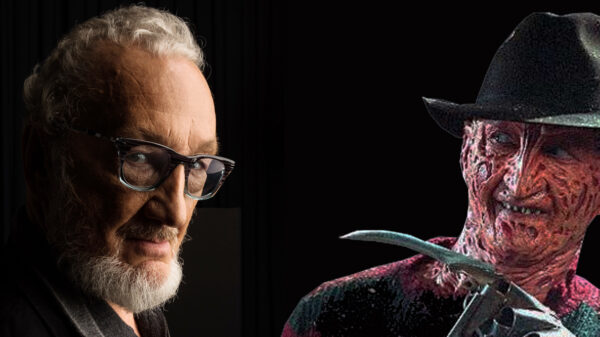
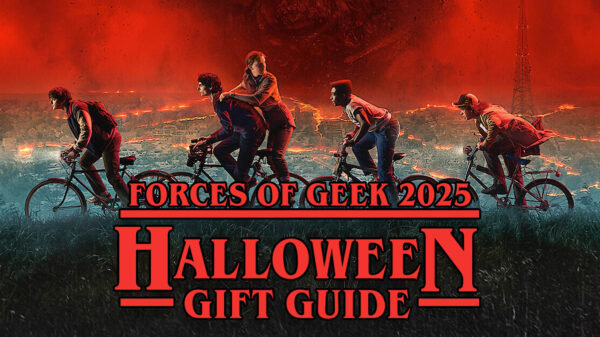
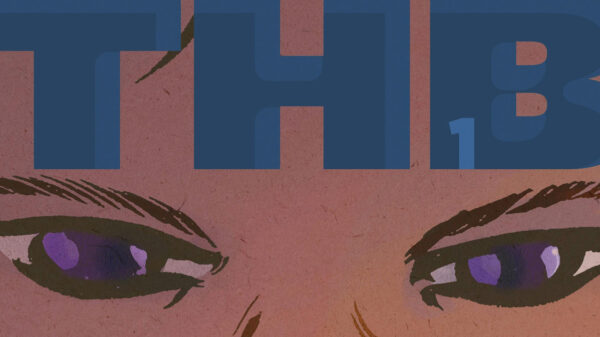

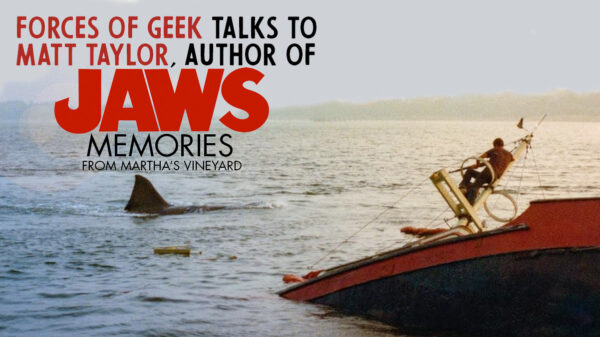
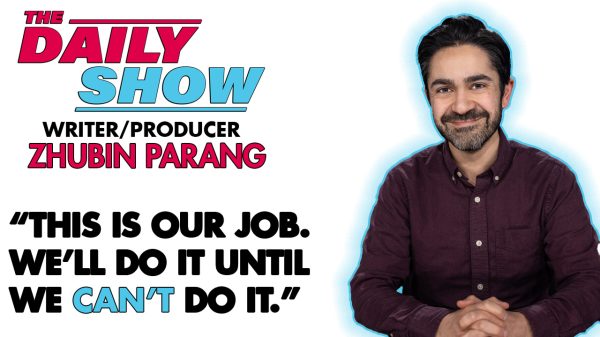
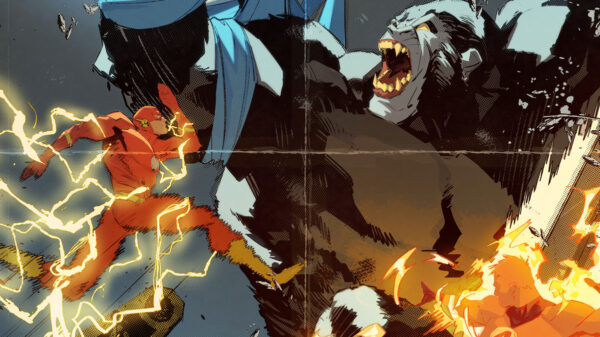
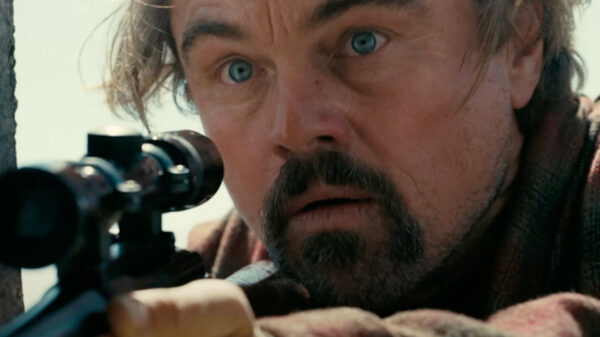
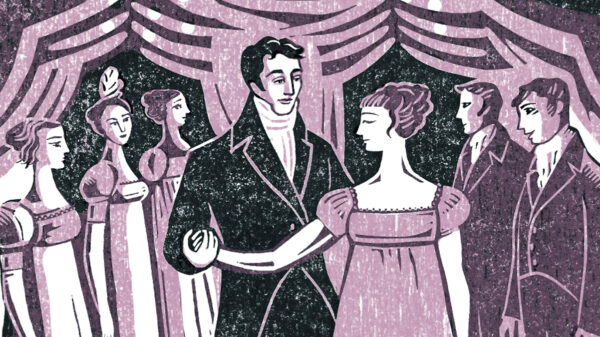
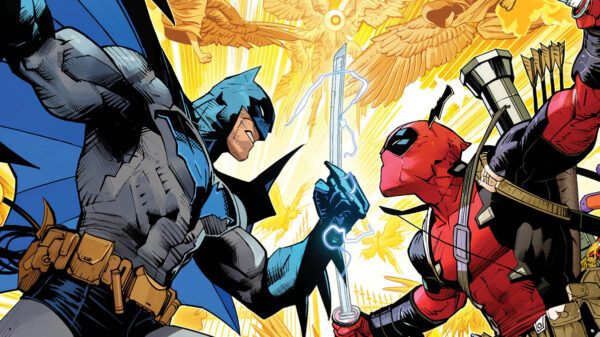
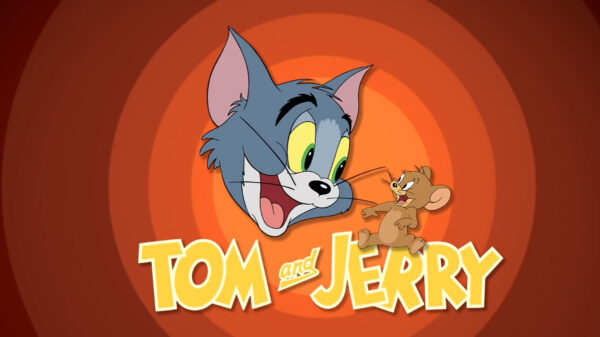



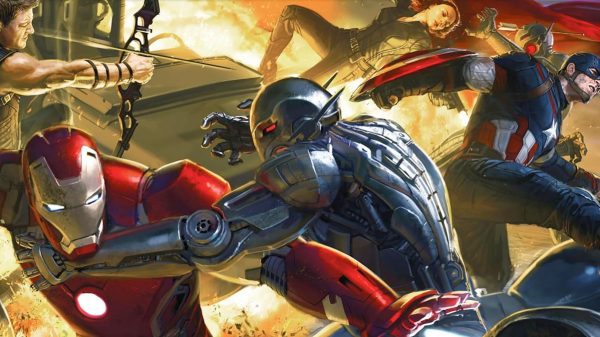

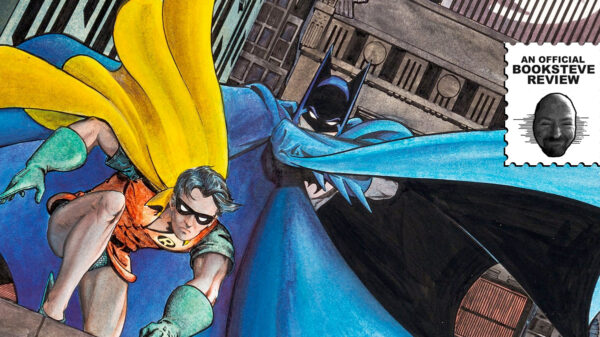
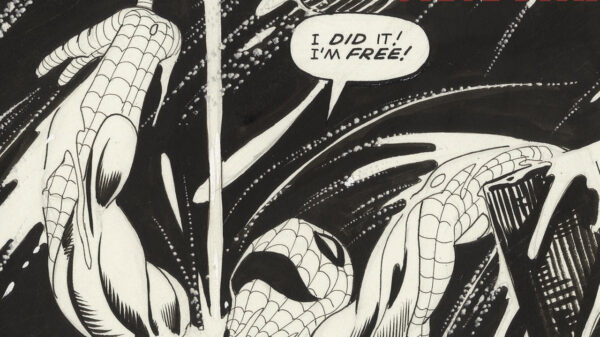
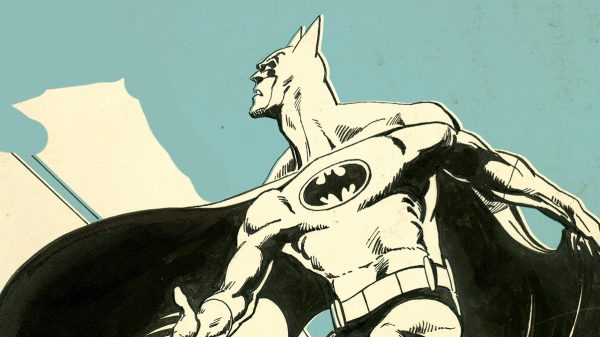

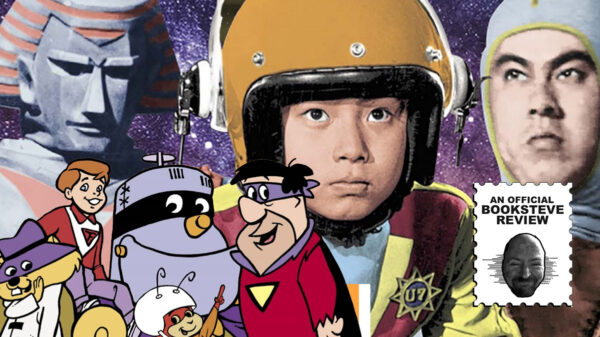
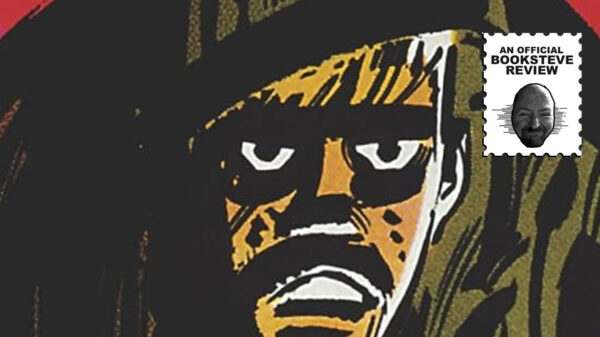
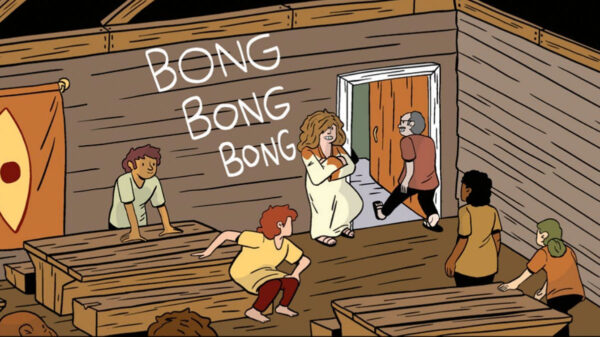
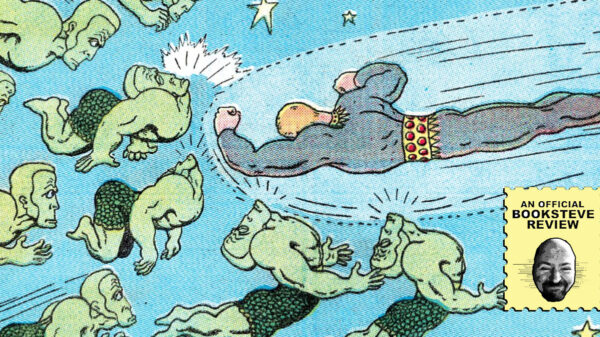
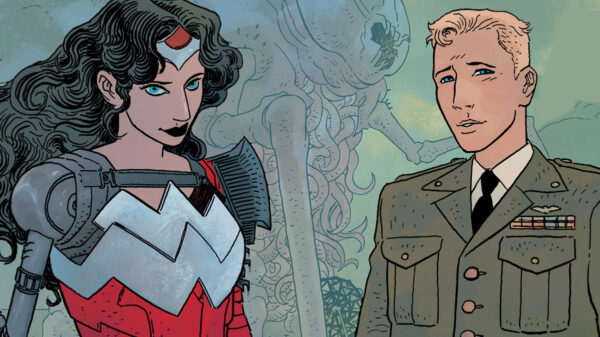









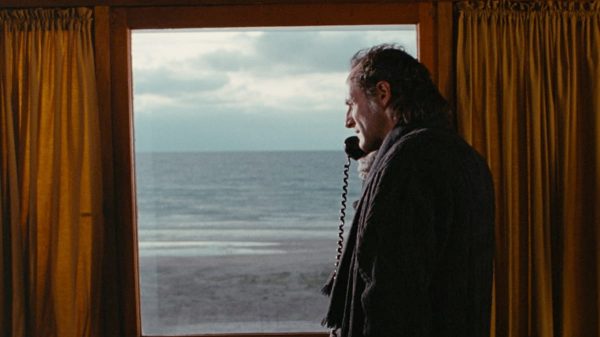
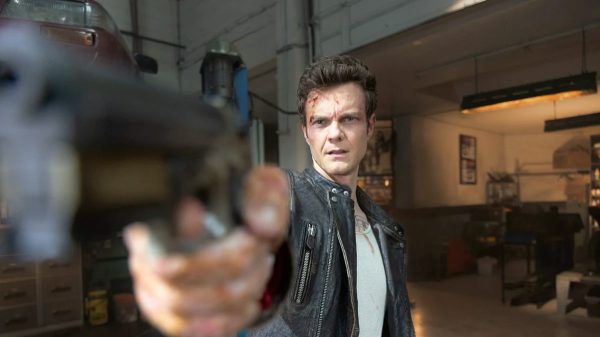
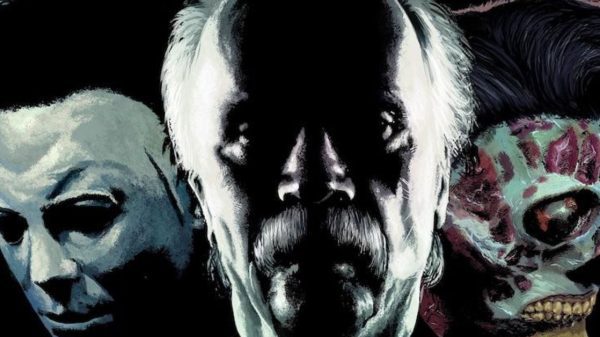
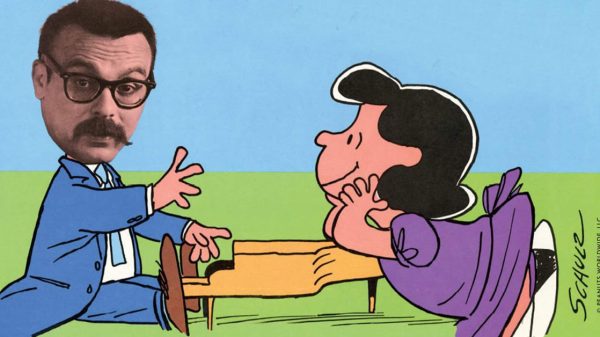
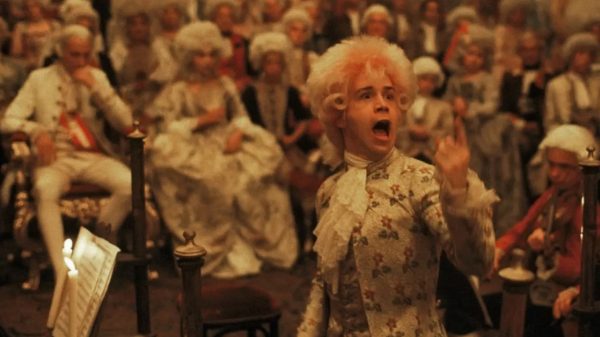











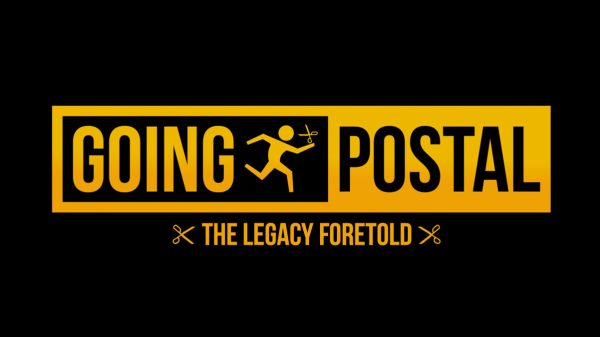

















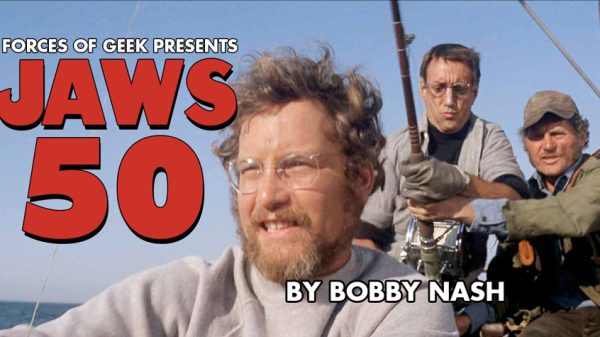









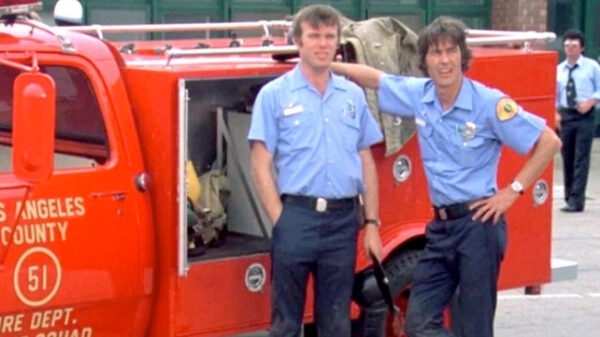
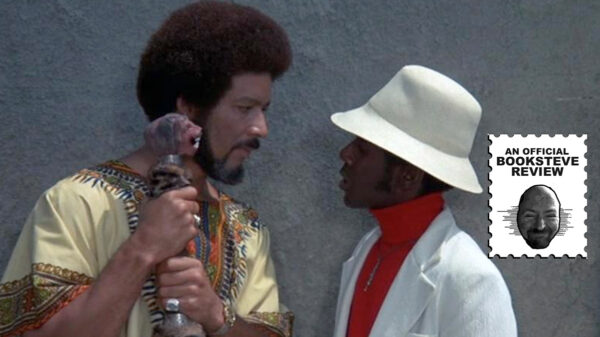
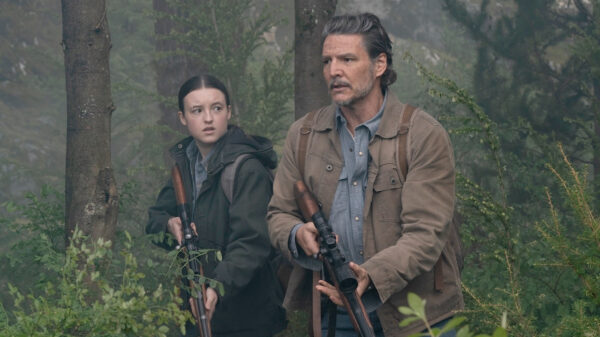




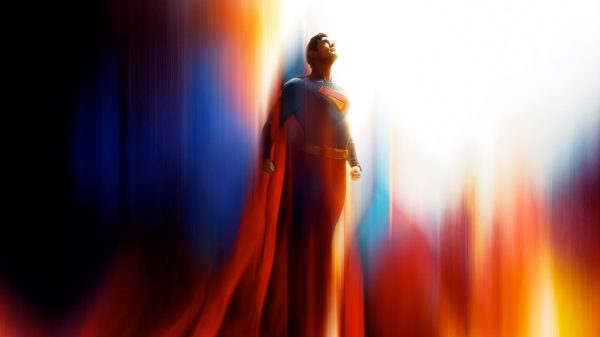
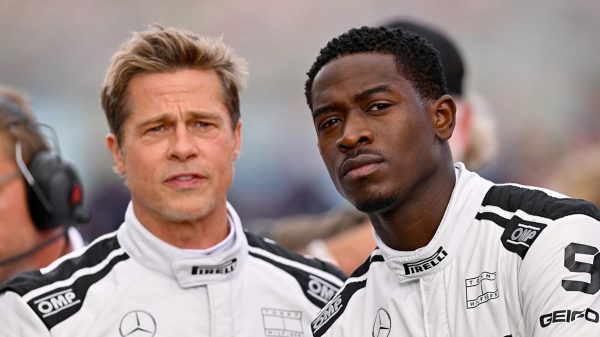
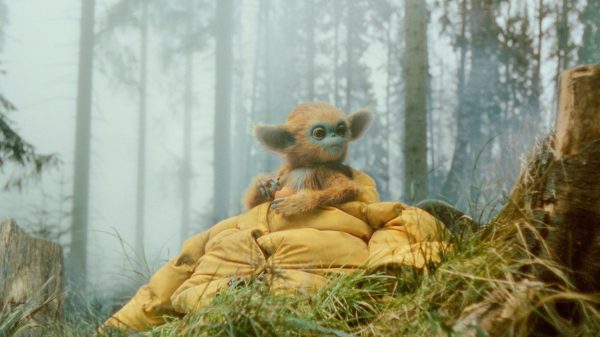



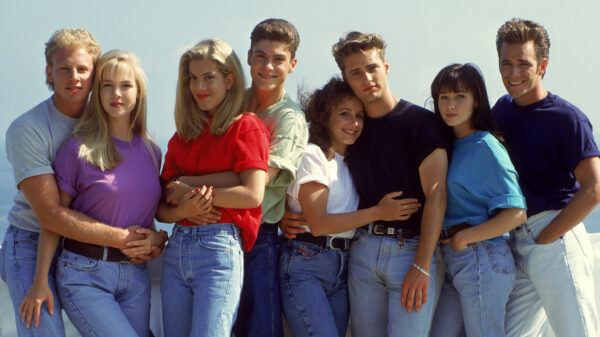
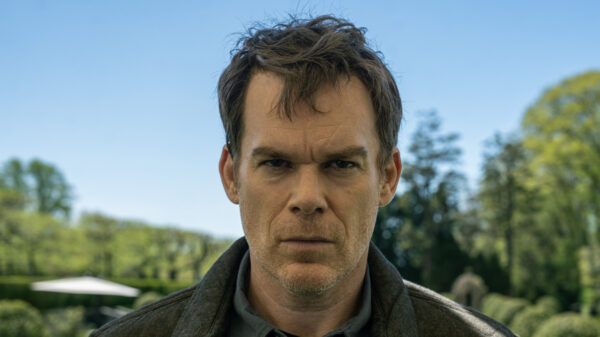
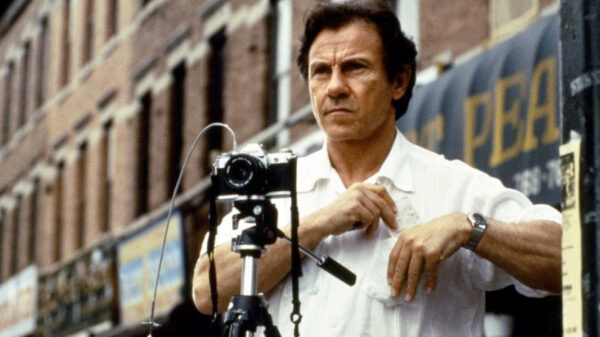
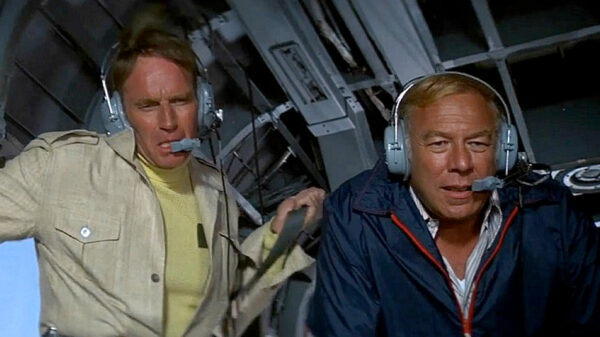




You must be logged in to post a comment Login